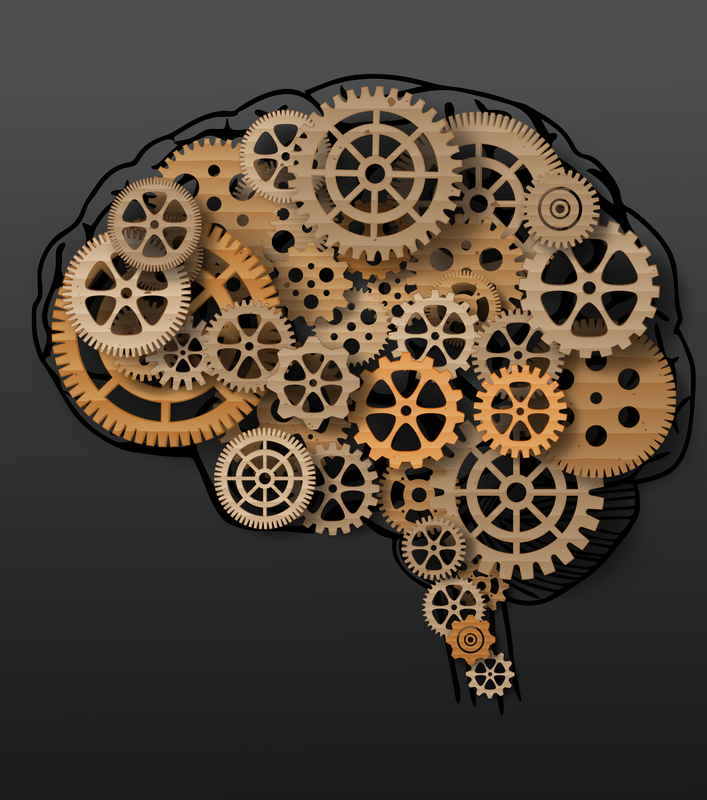
Entrepreneurship 6: Entrepreneurial Mindset: Resilience, Curiosity, and Action
Published: julio 1, 2025
Why Mental Framing Matters More Than You Think
Entrepreneurs face volatility, uncertainty, and resistance almost every day. What separates those who persevere from those who quit is rarely just intelligence or luck—it’s mindset.
Not a mindset of blind optimism or motivational clichés—but one built on resilience, curiosity, and action.
These three traits don’t guarantee success, but they increase your odds. They help you make sense of chaos, bounce back after failure, and keep moving forward even when the path isn’t clear.
This post explores the entrepreneurial mindset—why it matters and how to develop it.

Resilience: Bouncing Forward, Not Just Back
Setbacks aren’t rare in entrepreneurship—they’re routine. Product delays, investor rejections, lost clients, team conflicts—these aren’t exceptions; they’re part of the journey.
The entrepreneurs who succeed don’t avoid adversity. They engage with it, learn from it, and adapt.
“Resilience is accepting your new reality, even if it’s less good than the one you had before.”
— Elizabeth Edwards
Psychologist Ann Masten calls resilience “ordinary magic”—a capacity built through challenge, not in its absence. In entrepreneurship, it means facing rejection without internalising failure. It means taking the next step, even when the last one didn’t go well.
Entrepreneurs who are resilient:
- Reframe failure as feedback
- Don’t see obstacles as personal
- See struggle as part of the process
They bounce forward, not just back.

Curiosity: The Hidden Driver of Breakthroughs
Curiosity is often undervalued in business. Yet it’s central to innovation, problem-solving, and market insight.
Entrepreneurs don’t need all the answers. They need better questions.
“Stay hungry, stay foolish.”
— Steve Jobs
Curious entrepreneurs:
- Question assumptions
- Explore outside their industry
- Ask “What if?” and “Why not?”
- Learn constantly: from books, people, data, mistakes
In a fast-changing world, curiosity is the antidote to rigidity. It fuels adaptability, creativity, and customer understanding.
In my own journey, some of our biggest software improvements came not from technical breakthroughs, but from curious conversations with users asking them to walk us through their process, explain their frustrations, or describe what they wished existed.
Curiosity is how you keep your product relevant, your thinking sharp, and your team evolving.
Action: Because Thinking Alone Doesn’t Build Anything
You can have a bold vision and the perfect plan but if you don’t act, none of it matters.
Action is the mindset shift from “someone should” to “I will.”
“Entrepreneurs are the ones who do, not just the ones who think.”
— Leonard, 2025
It doesn’t mean rushing blindly. It means making small bets, testing ideas, learning fast, and iterating forward.
Action-oriented entrepreneurs:
- Start before they feel ready
- Build MVPs (minimum viable products)
- Learn by doing, not just planning
- Accept imperfect progress over ideal delay
There’s a powerful feedback loop here: action builds clarity. It gives you real-world data, not just imagined outcomes. It teaches you what customers actually want not what you assume.
When you act, you move. When you move, you learn. And when you learn, you adapt faster than the competition.
Mindset ≠ Personality
You don’t have to be an extrovert, a risk-junkie, or a natural “hustler” to succeed.
Mindset isn’t about personality it’s about how you approach uncertainty, opportunity, and challenge.
These three traits, resilience, curiosity, and action, can be developed over time:
- Resilience grows through reflection, support, and mindset shifts
- Curiosity deepens through deliberate learning and new experiences
- Action sharpens with practice, courage, and a bias toward starting small
This mindset helps you see differently, think longer-term, and keep going when others give up.
Where Mindset Shows Up
You’ll see this mindset surface in moments like:
- Pitching an idea that might fail
- Calling back after rejection
- Admitting you don’t know the answer, but want to find out
- Publishing something that feels vulnerable
- Hiring someone smarter than you in an area you don’t understand
Each of those decisions reflects an internal orientation: one of growth, ownership, and momentum.

Why This Matters Now More Than Ever
In today’s entrepreneurial environment, markets shift fast. Technology evolves rapidly. Certainty is rare.
The entrepreneurs who will thrive in this environment aren’t necessarily the most connected, credentialed, or funded.
They’re the ones who think differently.
They face ambiguity without paralysis. They learn constantly. They take action when others hesitate. And when they fall, they get back up.
“The only true failure is in ceasing to try.”
— Chris Bradford
Closing Challenge
Which of these mindset traits comes most naturally to you and which needs strengthening?
This week, try doing one thing that exercises the mindset muscle you use least:
- If you struggle with resilience, reflect on a past failure and identify what you learned.
- If you lack curiosity, ask three new people a question you’ve never asked.
- If you hesitate to act commit to launching a “rough draft” of something you’ve put off.
Your mindset doesn’t define you. You define it, through what you choose to do next.
Also in This Series
🧠 Post 1 – What Really Makes an Entrepreneur?
Redefining the word everyone uses—but few understand. This post explores how innovation, risk, and value creation define true entrepreneurship.
👉 Read it here
🧠 Post 2 – Innovation at the Core
Why innovation isn’t optional for entrepreneurs—and how it separates change-makers from managers.
👉 Read it here
🧠 Post 3 – Born or Made?
Debunking the myth of the “natural entrepreneur” and exploring the traits, experiences, and motivations that shape entrepreneurial success.
👉 Read it here
🧠 Post 4 – Why Most Entrepreneurs Don’t Work Alone
Exploring the power of partnerships, co-founders, and early hires in building ventures that last.
👉 Read it here
🧠 Post 5 – From Vision to Execution: Why Strategy Matters
Why great ideas need more than inspiration—discover how entrepreneurs move from vision to real-world impact.
👉 Read it here
Coming Soon: Post 7
🧠 Post 7 – Embracing Risk: Why Entrepreneurs Must Choose Uncertainty
Next in the series, we’ll explore the nature of risk in entrepreneurship—why it matters, how to manage it, and how it fuels growth when embraced strategically.
📚 Mini Bibliography for Post 6
- Bradford, C. (n.d.). Quote attributed to Chris Bradford on resilience and effort.
- Edwards, E. (2010). Resilience and facing change. Public remarks and interviews.
- Jobs, S. (2005). Stay hungry, stay foolish. Commencement Address, Stanford University.
- Leonard, C. (2025). Entrepreneurs are the ones who do. From personal commentary in blog post.
- Masten, A. S. (2001). Ordinary magic: Resilience processes in development. American Psychologist, 56(3), 227–238.
- Sinek, S. (2009). Start With Why: How Great Leaders Inspire Everyone to Take Action. Penguin.



